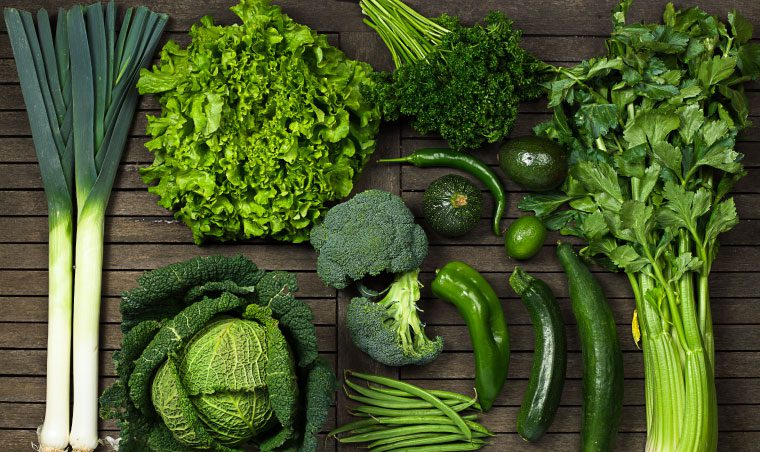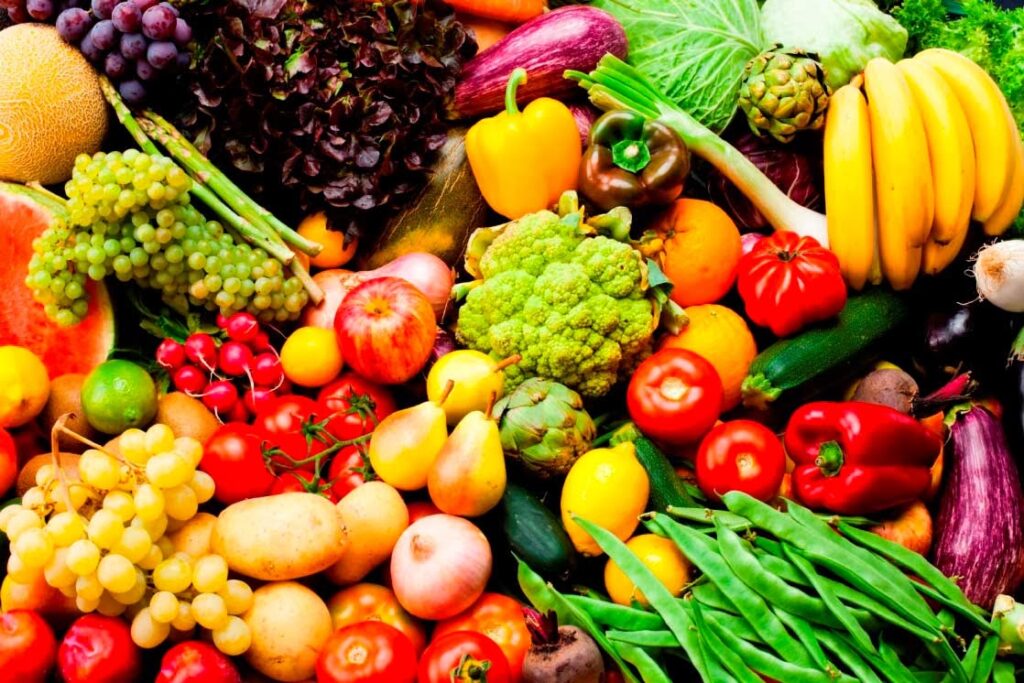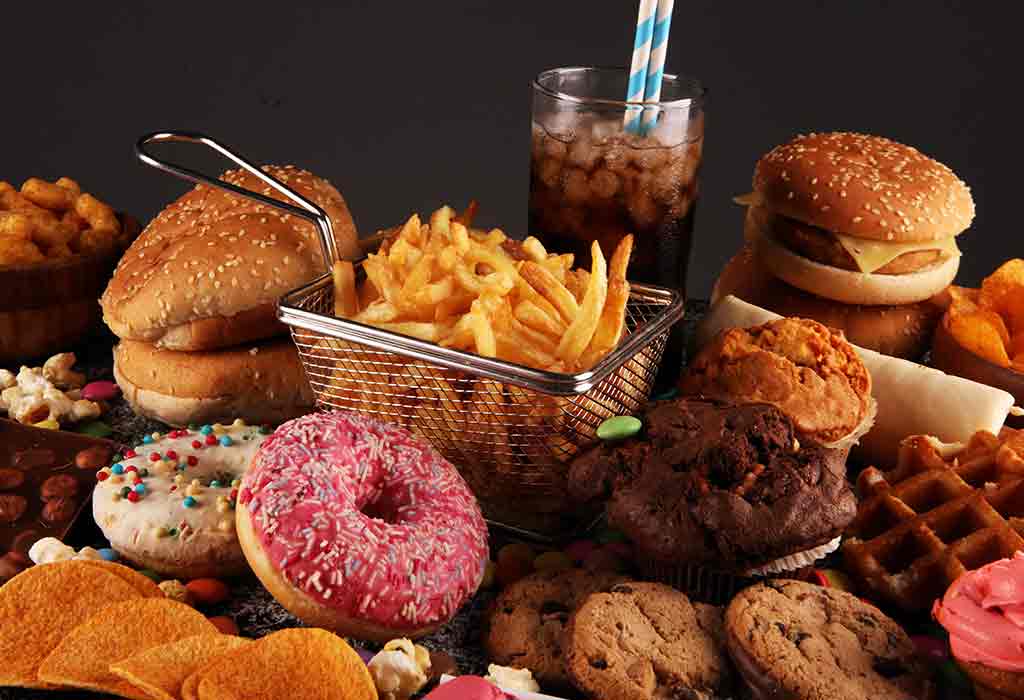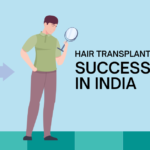
Foods To Eat After LASIK

Maintaining a healthy diet after LASIK is important for quick recovery and ensures a successful eye-healing process. Here, we will discuss which foods to eat and what to avoid in order to support fast and stress-free recovery.

Proper aftercare is important for recovery after LASIK (Laser-Assisted in Situ Keratomileusis) eye surgery. Here are some do’s and don’ts for LASIK aftercare.
Sr. No | Lasik Aftercare | Do’s | Don’ts |
1 | Medication | Use the eye drops as your doctor advises | Do not rub your eyes even if they itch |
Wash your hands before applying eye drops | Do not skip any prescribed medication | ||
2 | Eye Protection | Wear sunglasses while going outside to protect the eyes from UV rays(Sunlight) | Avoid swimming and taking hot baths for a few weeks. |
Use protective glasses during any physical activity | Avoid traveling in dusty or in smoky environments. | ||
Avoid washing your hair for a few days | |||
3 | Cleaning | Follow your eye doctor’s instructions for cleaning and hygiene | Avoid using tap water to clean your eyes or face after Lasik |
Do not use alcohol-based or cosmetic products for a few weeks | |||
4 | Rest | Get plenty of rest and sleep | Avoid spending too much time on mobile or laptop during the initial recovery period |
5 | Follow-up appointments | Attend all scheduled follow-up appointments. | Do not miss any post-operative check-ups or consultations. |
6 | Hydration(Water) | Stay well-hydrated to improve recovery and reduce dry eyes. | Avoid drinking caffeine or alcohol because they can dehydrate you |
7 | Diet | Maintain a balanced diet rich in vitamins and minerals. | Avoid warm and spicy prepared meals, which might cause eye irritation. |
You can resume your regular diet shortly after LASIK, but it’s best to stick to the recommended foods for a quicker recovery.



